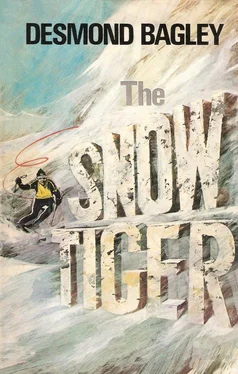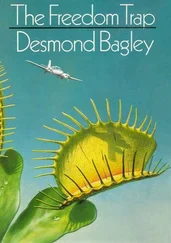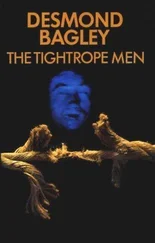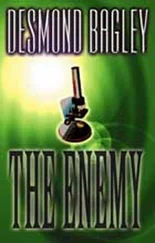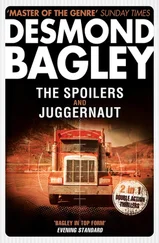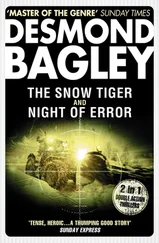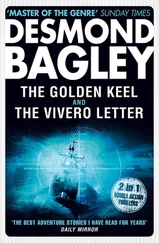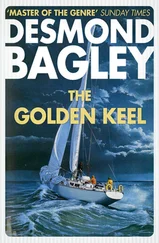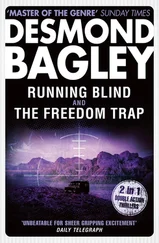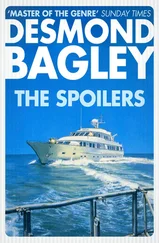Suddenly the Reverend Davis found himself floundering in snow. He was dazed, and when he put his hand to his head it came away bloody. He was up to his waist in snow and, to his surprise, in his right hand he still held the coffee-pot. He opened it and looked inside and found it half full of steaming liquid. His head was spinning and hurt when he moved it suddenly. Darkness spiralled before his eyes and everything became dim just before he fell unconscious. The coffee-pot dropped from his hand and fell over on its side, and coffee stained the snow.
Dave Scanlon died instantly. He was hit by the truck and mashed to a bloody pulp. Len Baxter was hit on the head by a falling brick which was driven through the roof from the false front. His body was quickly covered by rubble which, in turn was covered by a rush of snow. He was still alive at that time but he died within a few minutes.
The cast-iron stove was ripped from the concrete plinth to which it was secured by four half-inch bolts. It was driven through the rear wall of the store and hit the fuel oil tank, which ruptured. Phil Warrick went flying after the stove and fell on top of it. He had been stoking it up liberally all morning and it was nearly red hot. The lid came off and a stream of hot embers shot out, igniting the fuel oil which streamed from the tank. Flames ran about and a cloud of black smoke went up, to be shredded immediately by the roaring wind.
The fire could not last long because of the snow which drove over the area, but it lasted long enough to kill Phil Warrick. Embracing the hot stove, he was burned alive under six feet of snow.
Joe Cameron, driving the truck back to the mine after delivering the load of snow probes, was caught right in the open. Not for him the eerie sensation of driving a floating car as experienced by Dr Scott. The air blast slammed at the truck broadside on and it rocked violently. The left wheels rose from the ground and the truck went careering along for a few yards on two wheels and it was within a breath of toppling over. Then the wheels came down again with a crunch and Cameron fought to keep control.
After the air blast came the snow cloud of a much denser material. It pounded the side of the truck much more forcibly and this time toppled it over on to its side. The truck did not lie there. Pushed by the snow it began to roll over faster and faster.
In the cab Cameron was getting a mauling. His right foot was trapped between the accelerator and brake pedals; every time the truck rolled the gear lever ground into his stomach as his body flopped helplessly from side to side, and once, when his arm went through the spokes of the driving wheel, a blow on the front axles made the wheel spin and his arm broke with a dry crack which he did not hear.
When the truck finally came to rest it was upside down under fifteen feet of snow. Cameron was also upside down, his head resting against the top of the cab and his foot still trapped. The windscreen was smashed and there was much snow in the cab but enough of an air space left to provide the breath of life for a fairly long time. He was bleeding profusely from a gash on his cheek and the blood stained the snow a bright red.
He was unconscious, but presently he stirred and groaned. As he came round he felt as though he had been through a grinding machine and then stretched on a rack; every part of him ached and there were bits that were very painful. He tried to move his arm and felt the edges of bone grind together at the same time as a hot knife was stuck into his shoulder-blade. He did not try to move his arm again.
The danger of death in the snow was very real, but what Cameron did not know was that he was in much more danger of dying by drowning.
First came the air blast and then the heavy hammer fist of the snow cloud. Following these came the sliding surface snow. Not as fast as its predecessors, it moved in a flowing tide inexorably across Hukahoronui. It washed around the church and the spire shuddered; it obliterated the wreckage of the Hotel D’Archiac and swept over the remnants of Mr Rawson’s shop; it reached the Supermarket and covered the burned body of Phil Warrick, then it went on across the bluff to the river where it spilled over the edge and filled the river bed with snow.
Across the river its energy was spent and it slowed until it was moving at no more than the speed of a man running fast. A little later, when it encountered the rising ground of the east slope, it stopped entirely having clothed destruction in immaculate whiteness.
The avalanche had finished.
The disaster had not.
McGill climbed to the top of a small mound of snow in order to get a good view. He looked down the valley, and said softly, ‘Oh my God!’
Most of the town had gone. The only building he could see was the church, which looked as though it had been given a coat of whitewash. Finely powdered snow had been driven into the stonework so that it looked like the ghost of a church. For the rest, there was just a hummocky expanse of snow.
He went back to Ballard and bent over him. ‘Come on, Ian. It’s over now and we have work to do.’
Ballard raised his head slowly and looked up at McGill. His eyes were dark smudges in a white face and showed no comprehension at all. His lips worked a little before he said, ‘What?’
McGill felt compassion because he had a good idea of what had happened to Ballard. His senses had been so assaulted in an unexpected manner that the wits had been driven from him as a soldier might be shell-shocked in an artillery barrage. McGill was not feeling too good himself, but because of his knowledge and experience he had known what would happen and thus armoured had been able to ward off the worst effects.
Ballard was suffering from disaster shock.
McGill shook his head slowly. Compassion was not enough. A lot of people must have died and, if the rest of the survivors were like Ballard, then a lot more would die from want of help. He drew back his arm and slapped Ballard across the face very hard. ‘Get up, Ian,’ he said harshly. ‘Jump to it!’
Slowly Ballard lifted his hand and fingered the red marks on his cheek. He blinked rapidly, weak tears coming to his eyes, and mumbled, ‘What did you do that for?’
‘You’ll get worse than that if you don’t get up.’ McGill put a crackle in his voice. ‘On your feet, man!’
Ballard heaved himself up and McGill led him to the viewpoint. ‘Take a look.’
Ballard looked down the valley and his face crumpled. ‘Christ!’ he breathed. ‘There’s nothing left.’
‘There’s plenty left,’ contradicted McGill. ‘But we have to find it.’
‘But what can we do?’ said Ballard in despair.
‘You can wake up for a start,’ said McGill brutally. ‘Then we look for the rest of the guys who were around here, and we wake them up. We have to get some sort of organization going.’
Ballard looked once more at the desolation and then stepped down from the mound. He rubbed his stinging cheek, and said, ‘Thanks, Mike.’
‘Okay,’ said McGill. ‘You look over there and see who you can find.’ He turned his back on Ballard and walked away. Ballard trudged slowly in the direction McGill had indicated. His brain still felt pummelled.
Fifteen minutes later they had grown from two to twenty. One by one the stunned survivors were ruthlessly extracted from the holes where they were hiding, and McGill showed no mercy in the way he handled them. They were all shocked in varying degrees and all showed a marked aversion to looking up at the slope, now visible, from which disaster had come. They stood around apathetically with their backs to the west.
McGill selected the brightest of them and set them searching in their turn and more survivors came to light. In half an hour he was beginning to believe they might stand a chance. He gave one man his notebook and a ball pen and instructed him to take the name of each survivor. ‘And ask him who he was standing next to just before he ran for cover. We want to find out who’s missing.’
Читать дальше
Конец ознакомительного отрывка
Купить книгу
